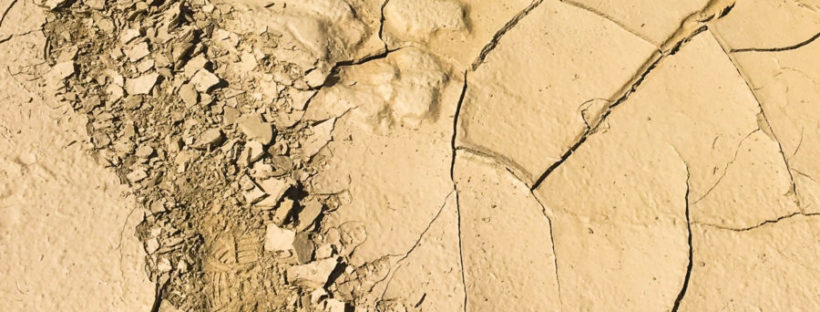Having a dry mouth is uncomfortable. It can affect our speech and increase our chances of getting cavities. Most importantly it interferes with our ability to taste, chew and swallow food, all of which affect the digestive process. Along with chewing, saliva softens and breaks down our food into smaller food molecules that are absorbed into the bloodstream and used by the body for nutrients. Food that is not broken down small enough sits in the digestive system and creates toxins. Bloating and gas is a prime example of this.
Nervousness, stress, anxiety, medications and medical treatments such as radiation and chemo therapies, all contribute to dry mouth. Diseases such as Sjögren’s syndrome, HIV/AIDS and diabetes are also influential.
Here are a few helpful tips:
- Take frequent sips of water throughout the day
- Take little sips of water with your meals to facilitate chewing and swallowing
- Decrease your caffeine, alcohol and soft drink intake…these beverages are dehydrating
- Minimize or quit smoking because it dehydrates the mouth and body
- Use sugarless gum or candy to stimulate saliva flow. (Try products with Xylitol)
- If the air in your house is dry, use a humidifier
- If your bedroom is dry, leave a bowl of water by the bed at night
If your mouth often feels dry, visit your Dentist, family Doctor or Dental Hygienist. They can help you determine the cause of your dry mouth and recommend other appropriate measures to alleviate the condition.

